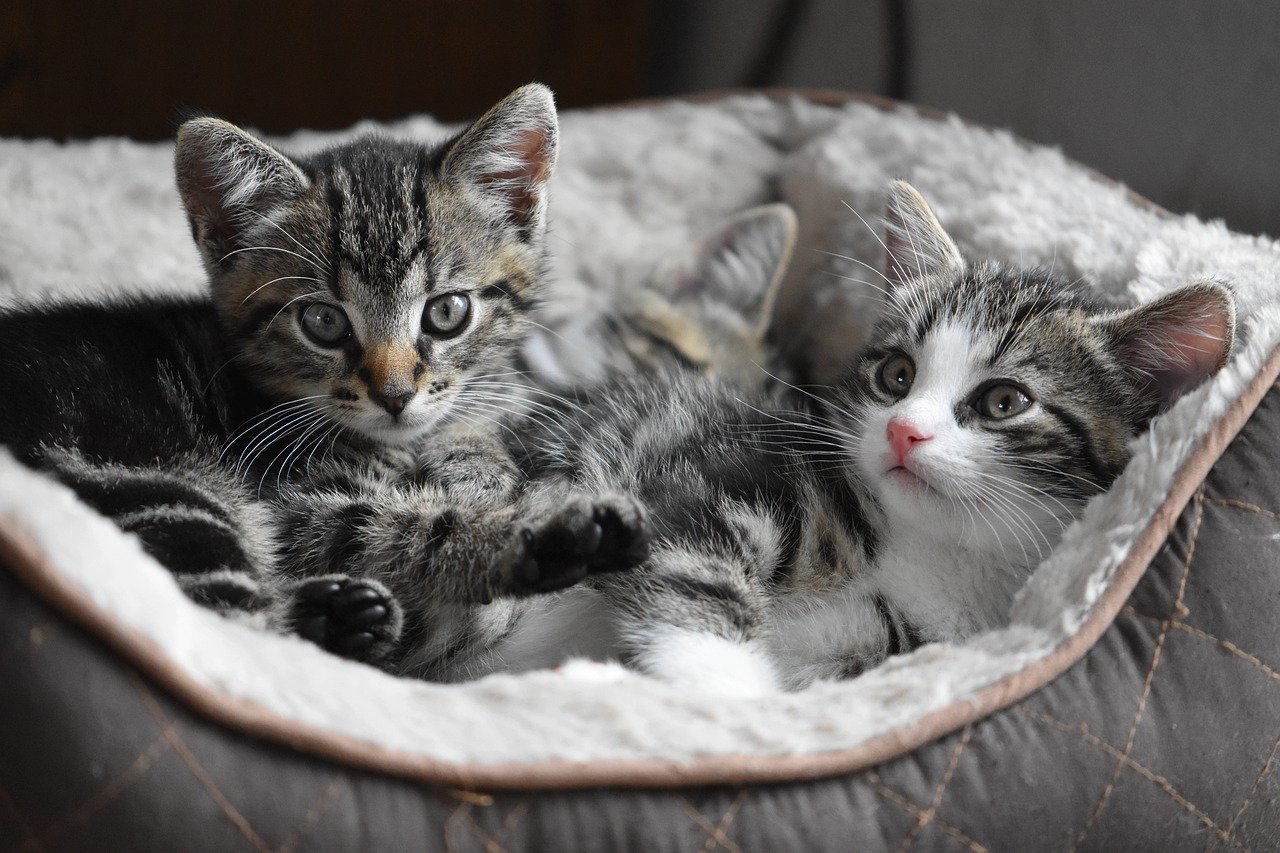Protect your pet from common diseases.
Pet vaccinations in Queens, NY.
Just like children, puppies and kittens need regular vaccinations to help prevent serious or deadly diseases.
Start your pet on the right vaccination schedule.
You must keep to the vaccination schedule set by your doctors as closely as possible. The timing of the vaccines is critical to the effectiveness of the vaccines.
We’ll set up a vaccination schedule built just for your pet.
From their first visit and throughout their entire life, we’ll be there to keep your pet on a strict vaccination schedule to keep them protected for all stages of their life.
Puppy Vaccines
DHPP (or DA2PP): Distemper, Hepatitis (Adenovirus 2), Parvo, and Parainfluenza. This is usually given 4 times during the first 16-17 weeks.
Distemper is a highly contagious, occasionally fatal, viral disease. It is hazardous to puppies, although more than 50% of dogs will show only mild signs of being sick. Common first signs are consistent with many illnesses, including listlessness and decreased appetite, along with nasal and ocular discharge. The virus invades the brain in some dogs, causing neurological signs such as seizures, muscle twitching, and weakness.
Hepatitis is an infectious viral disease that can affect dogs of all ages and be fatal to some. Although liver disease is the most serious concern, most dogs have multiple systems involved, including the eyes, kidneys, lymphatic system, and brain.
Parainfluenza is a highly contagious upper respiratory viral infection that causes Kennel Cough, a disease similar to bronchitis in people. Healthy adult dogs usually recover from it. Puppies and older dogs are at greater risk of developing pneumonia and other serious complications.
Parvovirus is a very serious viral disease that attacks all rapidly growing cells. In puppies less than 6 weeks old, it is usually fatal because it tends to affect the heart. In older puppies, it usually affects the intestinal tract, causing bloody diarrhea and vomiting. If treated aggressively (hospitalization, IV fluids, and anti-vomiting, and antibiotic drugs), most puppies will survive infection with Parvo.
Leptospirosis is usually added to the last two DHPP vaccines (it is then called DHLPP). Leptospirosis, or Lepto as it is sometimes called, is a bacterial infection that can cause liver and kidney failure and affect our blood cells. It is the only disease (besides rabies) that we vaccinate against that can be transmitted to humans. Dogs are usually exposed to Lepto in one of two ways, either through contact with other affected animals or from contact with soil that has been infected.
Bordetella is a bacterial infection that often plays a role in making Kennel Cough worse. This vaccine is squirted up the nose, providing the first line of defense. The vaccine is given once a year, starting about the 12th week. Not all dogs require the Bordetella vaccine, the risk of exposure determines whether or not it is given.
Kitten Vaccines
FVRCP (Feline Rhinotracheitis, Calici, and Panleukopenia) is usually given 3 times, 3 weeks apart. It is very important to keep on track with this vaccination.
Rhinotracheitis is like the common cold in people, but it can cause serious problems for kittens and older cats. It can cause sneezing, fever, loss of appetite, inflammation around the eyes, and ulcers in the mouth.
Calici can cause sneezing, fever, loss of appetite, inflammation around the eyes, and ulcers in the mouth. Healthy adult cats usually recover from it. Kittens and older cats are at greater risk of serious complications.
Panleukopenia (feline distemper) is a very serious and often fatal disease affecting kittens. It is similar to the parvovirus that affects dogs. Symptoms include loss of appetite, vomiting, diarrhea, high fever, and depression.
Feline Leukemia (FeLV) is usually given at the last two exams for your kitten. The vaccine usually causes the kittens to feel ill for 2 to 3 days after the vaccine. Feline Leukemia is one of the most common viral causes of illness and death in cats. Our understanding of and vaccine recommendations for feline Leukemia is actively being researched. Our recommendations will likely change as we learn more about the disease and how best to prevent it.
Feline Leukemia is a cancer-causing virus that can suppress the cat’s ability to fight infectious. Kittens affected early in life tend not to survive very long, whereas older cats can survive for 5 or more years after being infected. The doctor may recommend that your pet be tested for FeLV prior to receiving a FeLV vaccination.


